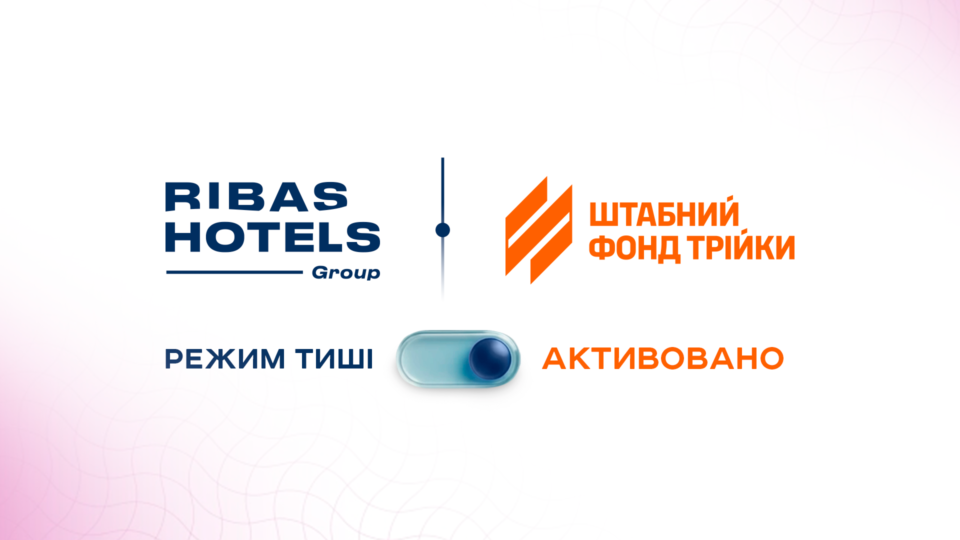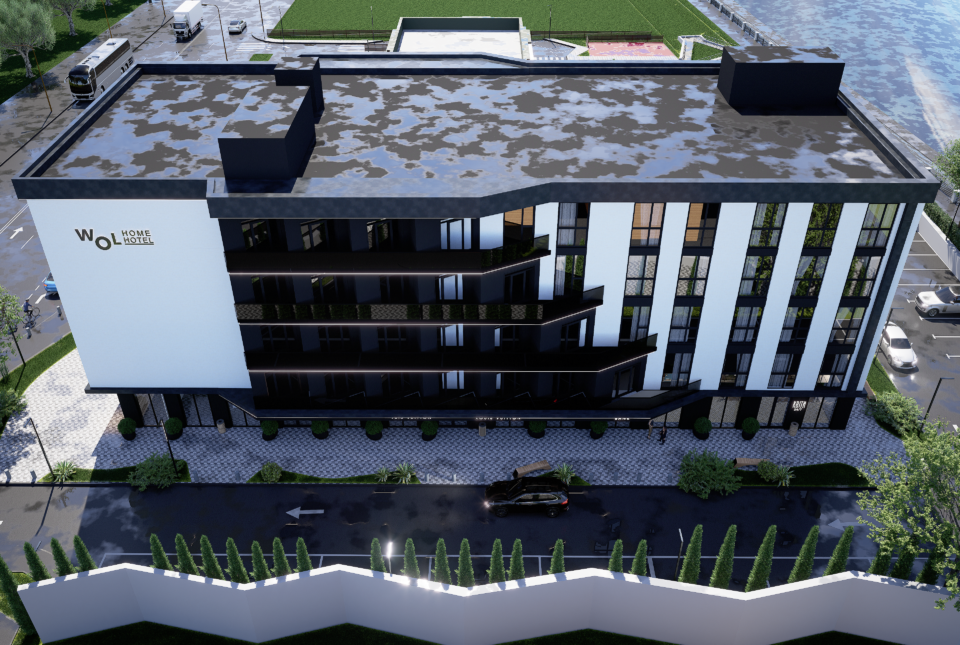Digital transformation in the hotel industry

Authors:

Artur Lupashko, founder of Ribas Hotels Group

Andriy Marenchuk, managing partner of Ribas Hotels Group
Digital technologies are electronic tools that can process, store and generate data. Implementing digital technology in the hospitality industry is a complex and time-consuming process, but in the end it saves time for the business. It has an impact on:
- reduction of operating costs;
- increased conversions;
- guest convenience.
For example, it is the registration of guests at the hotel through the platform Diya, making payments through payment systems, automation of sending messages at each stage of the booking, and record calls.
Why is digitization necessary?
Automation makes certain processes more convenient and faster. For example, previously, business communicated by sending letters by mail, then came fax, which accelerated the exchange of information by hundreds of times, and then e-mail, which increased the amount of memory. Now communications are predominantly through messengers.
For example, digitalization can help a company completely eliminate the paperwork that slows down any process. After all, all the data necessary for personnel can be stored in the CRM system.
Automation also allows you to avoid mistakes and not miss anything important. For example, in the marketing and sales department, you can integrate all the lead generation systems into one. That is, all requests from different platforms: Google, Facebook, Instagram, LinkedIn, YouTube, TikTok will be gathered together, and their processing will be handled by the advertising or sales manager.
Digitalization has to take place in hotels as well. Almost all communication between people and departments within the facilities managed by the Ribas Hotels Group takes place via an online platform. For a hotel to function properly, communication between departments is very important. In our hotels, we use technology to improve operations and service. We help to automate operations: CRM, hotel software and booking module, payment system, IP-telephony. Technologies facilitating service provision: automatic notification at every stage from booking to check-out, contactless check-in, chat-bot for help and service quality control.
Also worthy of special mention are a variety of personnel training services, which provide a great many opportunities. Such training systems offer many functions that simplify not only the assimilation of information by a person, but also the process of recruiting, adapting, and offboarding an employee. For example, a potential candidate can answer questions in the program before hiring, and when adapting or upgrading a worker, a manager can independently think through the structure and sequence of information he or she wants to convey. Modules may contain text, video materials, pictures, tables, links to internal company materials.
Digital technologies in a time of crisis
The digitalization of processes in our company happened mostly after the pandemic began. We connected a lot of online services to help people use the product more securely. And since then, the whole automation process has been going on by inertia. I cannot say that the war had a significant impact on the moment of our digitalization, because hotels are an offline business, but the approach we took during the pandemic made it somewhat easier to work during the war.
A week before the full-scale invasion, we posted an action plan on an online platform for our hotel employees in case a war broke out. We prepared ahead of time because we understood that we are responsible for the people who live and work here, and we had to act thoughtfully in any situation. After all, a hotel, unlike other businesses, is seen as a temporary building in which the staff stands up for the guests and can tell them what to do in any given situation.
To keep the system running, we needed uninterrupted Internet. That’s why satellite internet systems were additionally purchased during the war. In addition, some hotels integrated air alert notification and tools to analyze whether a guest came down from the room to the shelter. This helps the chain, but there was no talk of drastic changes in process automation during the war.
Read more on the «Dia Business» website.
















